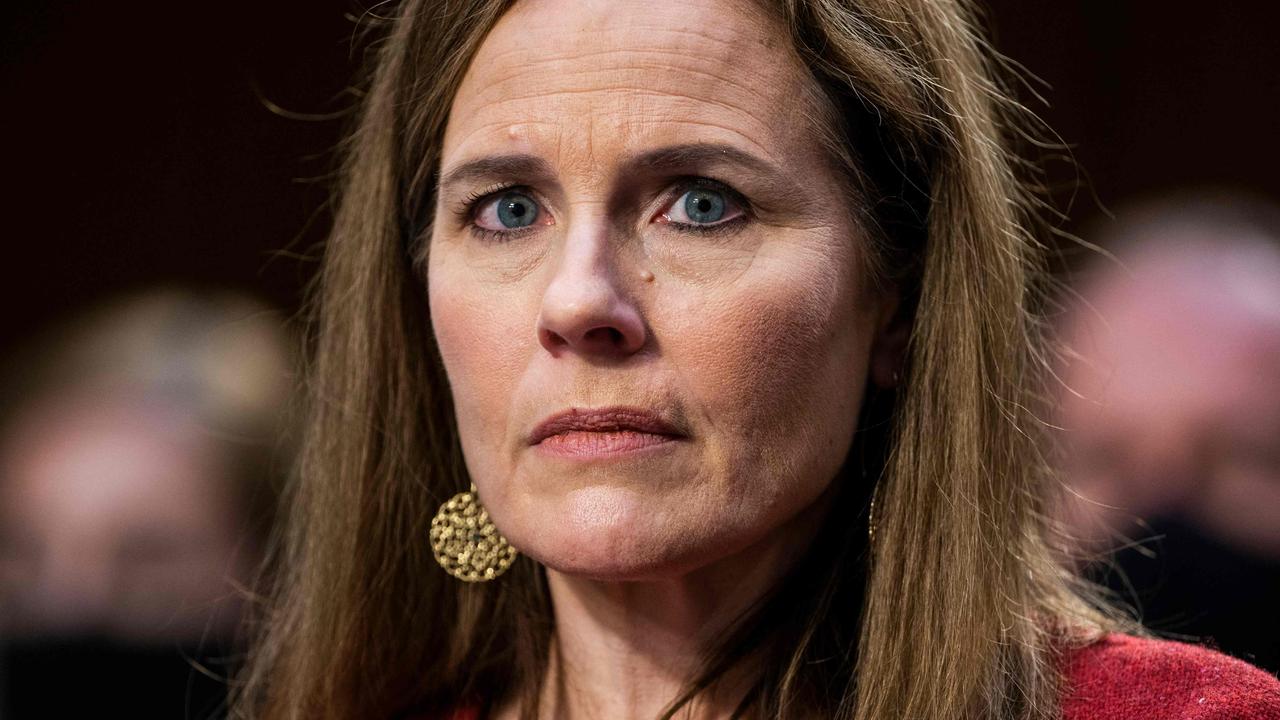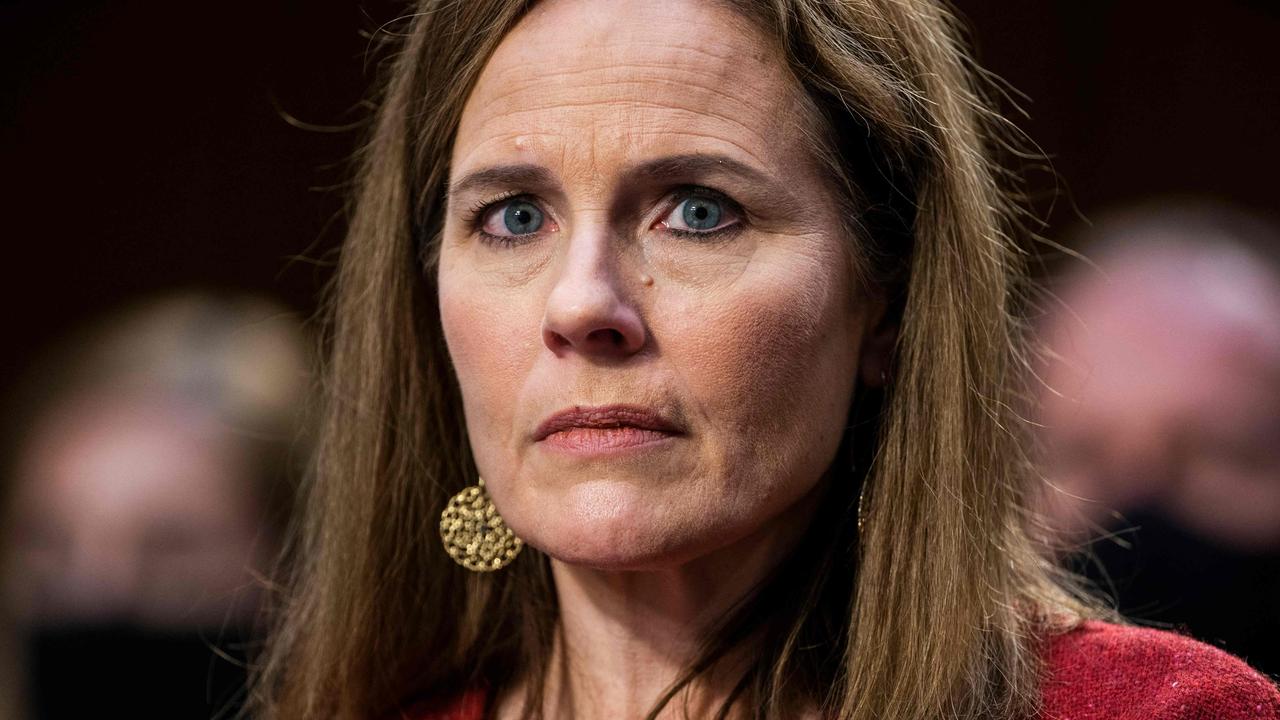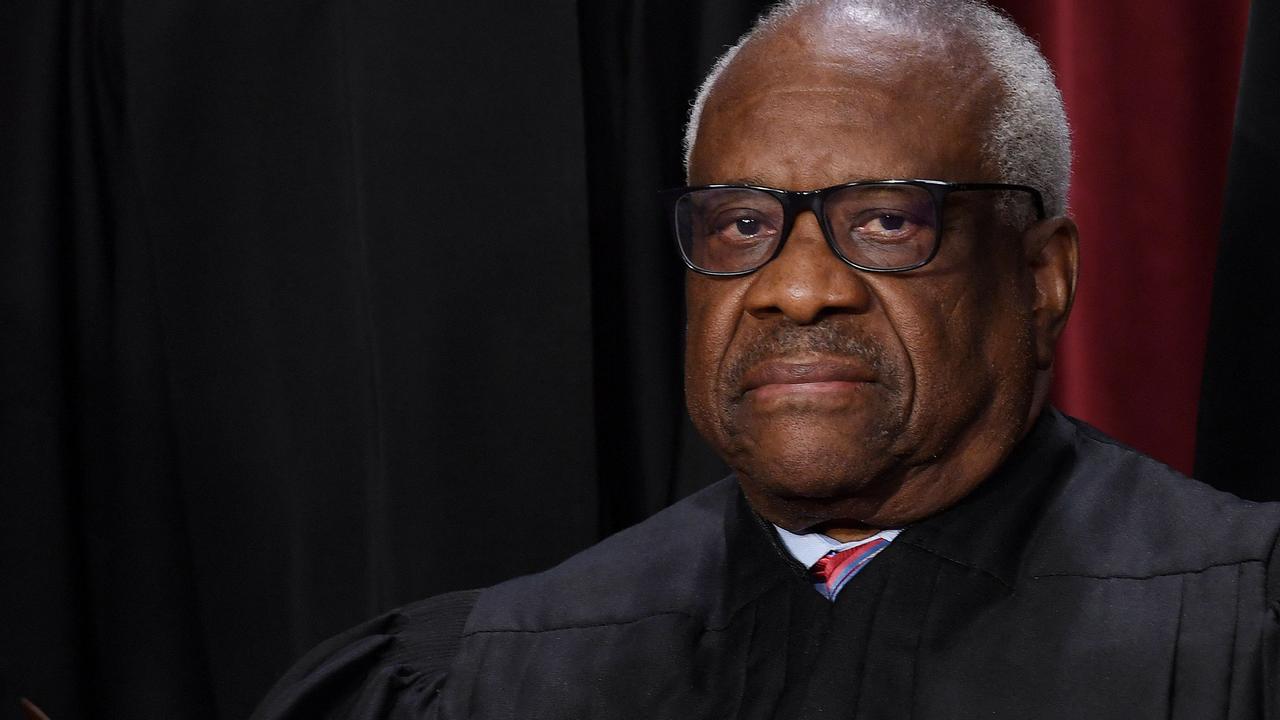‘Not normal’: US erupts over end to race based college entrance
In the biggest ruling since overturning Roe v Wade, the United States Supreme Court has sent shockwaves across the country.

The US Supreme Court banned the use of race in university admissions on Thursday (local time).
In the process, the court dealt a major blow to a decades-old practice that boosted educational opportunities for African-Americans.
One year after overturning the guarantee of a woman’s right to have an abortion, the court’s conservative majority has again demonstrated its readiness to scrap liberal policies set in law since the 1960s.
The ruling against “affirmative action,” delivered by a court heavily influenced by three justices appointed by Donald Trump during his presidency, drew cheers from conservatives but was blasted by progressives.
It sparked furious debate on everything from racial discrimination to the issue of legacy admissions that largely favour white students — and made headlines across the US and the world.
President Joe Biden expressed his “severe disappointment,” and criticised the justices as “not a normal court.”
“Discrimination still exists in America,” he lamented at the White House. “I believe our colleges are stronger when they are racially diverse.”
I wanted to share some of my thoughts on today's Supreme Court decision on affirmative action: pic.twitter.com/Wa6TGafzHV
— Michelle Obama (@MichelleObama) June 29, 2023
However, he pushed back on liberal demands to reorganise the powerful Supreme Court, including by adding to the nine justices, all of whom serve lifetime appointments.
‘Not on the basis of race’
The justices broke six to three along conservative-liberal lines in the decision.
Chief Justice John Roberts wrote in the majority opinion that while affirmative action was “well-intentioned” it could not last forever, and amounted to unconstitutional discrimination against others.


“The student must be treated based on his or her experiences as an individual – not on the basis of race,” Justice Roberts wrote.
The court said that universities were free to consider an applicant’s background – whether, for example, they grew up experiencing racism – in weighing their application over more academically qualified students.
But deciding primarily based on whether the applicant is white, Black or other is itself racial discrimination, he wrote.
In a scathing rebuttal, Justice Sonia Sotomayor accused the majority of being colourblind to the reality of “an endemically segregated society.”
“Ignoring race will not equalise a society that is racially unequal,” she wrote.
The Supreme Court’s decision on affirmative action today isn’t the finish line. It’s the starting line. Now the real work begins to put *merit* back into America.
— Vivek Ramaswamy (@VivekGRamaswamy) June 29, 2023
Justice Clarence Thomas meanwhile sarcastically observed that “Sotomayor apparently believes that race-conscious admission programs can somehow increase the chances that members of certain races (blacks and Hispanics) are admitted without decreasing the chances of admission for members of other races (Asians)”.
In her own dissent, Justice Ketanji Brown Jackson accused the conservative majority of having a “let-them-eat-cake obliviousness”.
Elite universities
The court sided with an activist group, Students for Fair Admissions, that sued the oldest private and public institutions of higher education in the country – Harvard University and the University of North Carolina (UNC) – over their admissions policies.
The group claimed that race-conscious admissions policies discriminated against Asian Americans competing to enter the two universities.
Some conservatives argue that the policy has outlived its need due to significant gains by Black people and other minorities.
“This is a great day for America,” said former US president Donald Trump, who often celebrates his success at building the court’s conservative majority.
Kenny Xu, a member of the board of Students for Fair Admissions, said the judgment would reduce prejudice against Asian-American students.
“They discriminate against Asians to make room for Black Americans,” he told CNN.
“If you’re an Asian-American, you had to score 273 points higher on the SAT to have the same chance of admission as a Black person at Harvard. Is that fair?” he said, referring to the standard university exam.
Harvard responded with a statement, indicating it would comply with the ruling — and also that it would attempt to navigate how to preserve and uphold its “essential values.”
“We write today to reaffirm the fundamental principle that deep and transformative teaching, learning, and research depend upon a community comprising people of many backgrounds, perspectives, and lived experiences,” a Harvard spokesman said.
“That principle is as true and important today as it was yesterday.”
Setback to liberals
But the ruling was another major setback to progressives after the court overturned the landmark 1973 “Roe v Wade” decision guaranteeing a woman’s right to abortion.
The end of federally guaranteed abortion rights almost immediately led to half of the 50 states banning or severely curtailing the practice.
The affirmative action ruling could have the same effect of many states and institutions, halting programs designed to give disadvantaged minorities extra consideration in the competitive admissions process.
That Joe Biden and top Democrats still won’t openly and loudly support expanding and rebalancing this rogue and packed Supreme Court is beyond frustrating.
— Mehdi Hasan (@mehdirhasan) June 29, 2023
If not now, when?
America reacts to ruling
The decision was a hot topic on social media.
Former first lady Michelle Obama opined that, “so often we just accept that money, power and privilege are perfectly justifiable forms of affirmative action, while kids growing up like I did are expected to compete when the ground is anything but level”.
She wrote that her “heart breaks for any young person out there who is wondering what their future holds – and what kinds of chances will be open to them.
“And while I know the strength and grit that lies inside kids who have always had to sweat a little more to climb the same ladders, I hope and I pray that the rest of us are willing to sweat a little, too.”
I wish my Filipina mother, Pilar would have lived to see the day when Asian Americans were no longer discriminated against in Universities in America for simply being Asian.
— Rob Schneider (@RobSchneider) June 29, 2023
That day has come!
Thank YOU, US Supreme Court! #GoPinoypic.twitter.com/kOKW2xmna0
Actress turned TV host Whoopi Goldberg concurred: “If everyone was actually treated equally we wouldn’t have had to put in affirmative action,” she said on The View.
But comedian Rob Schneider applauded the decision.
He wrote on Twitter that he wished his Filipina mother “could have lived to see the day when Asian Americans were no longer discriminated against in Universities in America for simply being Asian”.
“Thank YOU, US Supreme Court!,” he exclaimed.
Media organisations around the world have also reacted to the news.
A guest essay in the New York Times described the judgment as the “culmination of a decades-long backlash against affirmative action”.
Progressive media host, and founder of The Young Turks, Cenk Uygur praised the decision.
“I think Supreme Court got the affirmative action case right,” he wrote.
“I’m sick of the stereotypes that attach to all minorities because of this policy.
“It was necessary in beginning, but it has become counter-productive. But legacy admissions, which are more unfair, must also be banned.”
The Guardian published an opinion piece critical of the ruling and described it as being about “maintaining the social inequality that has long restricted most Americans”.
- with AFP






